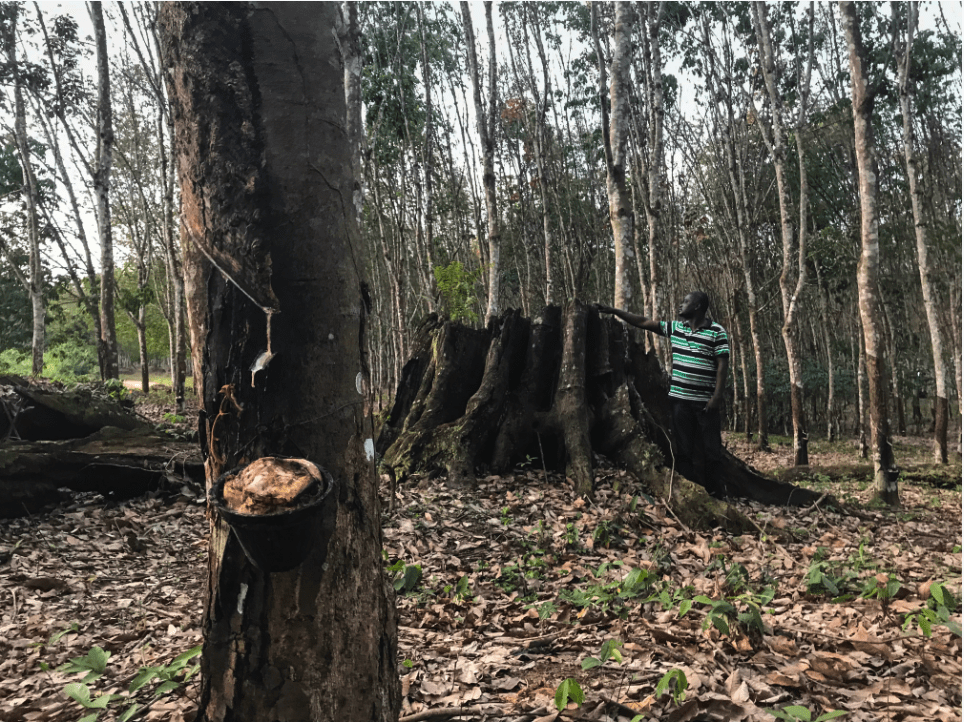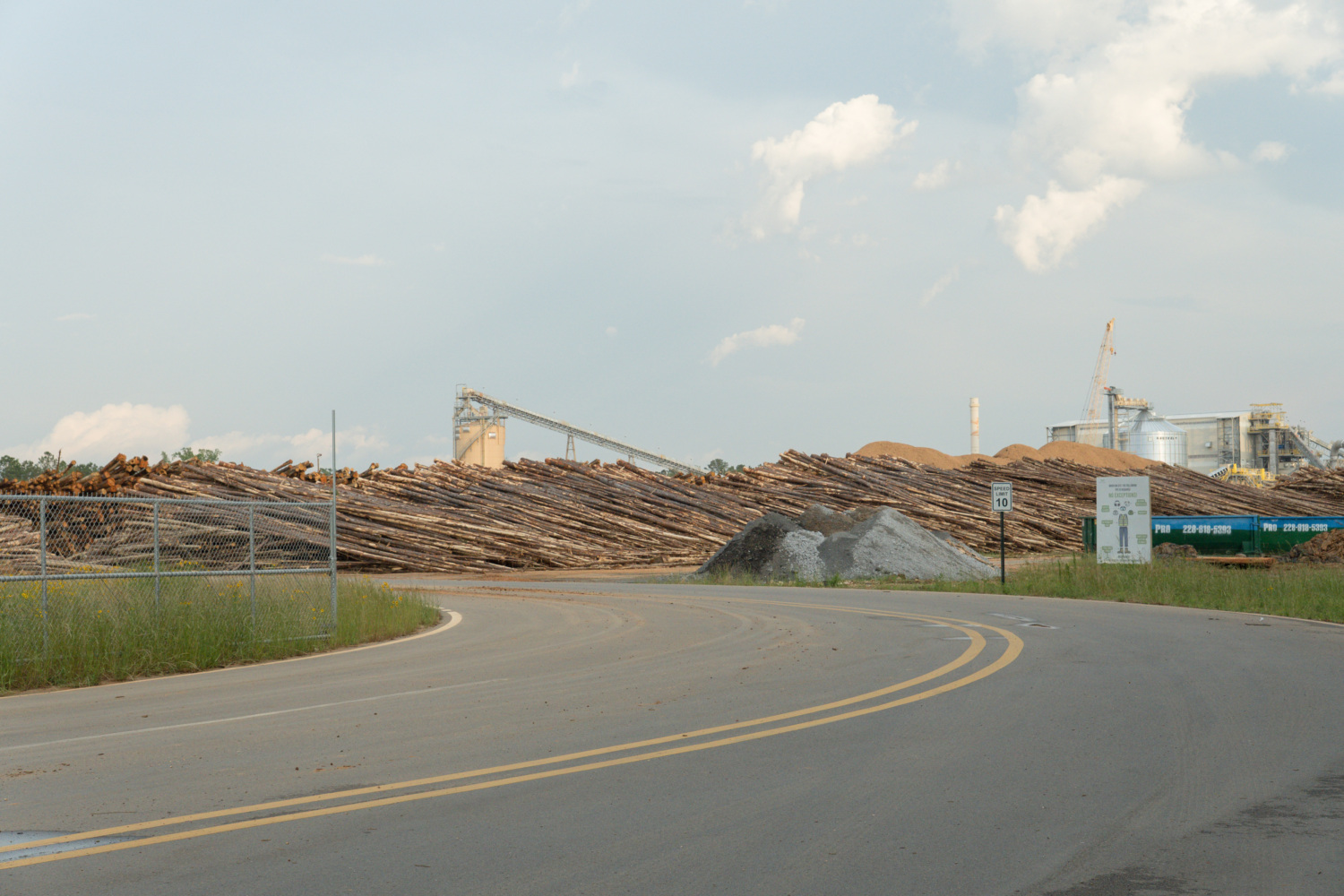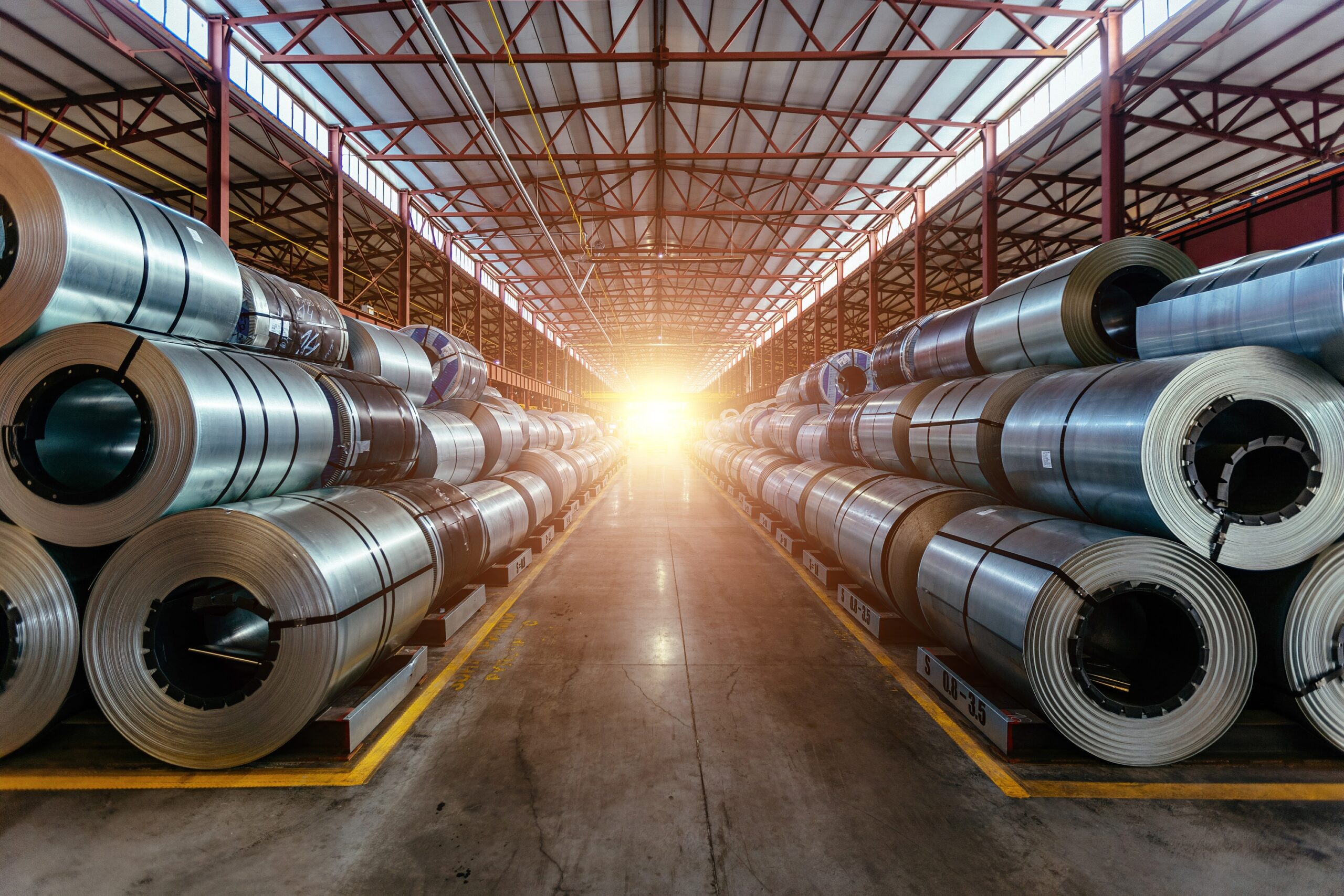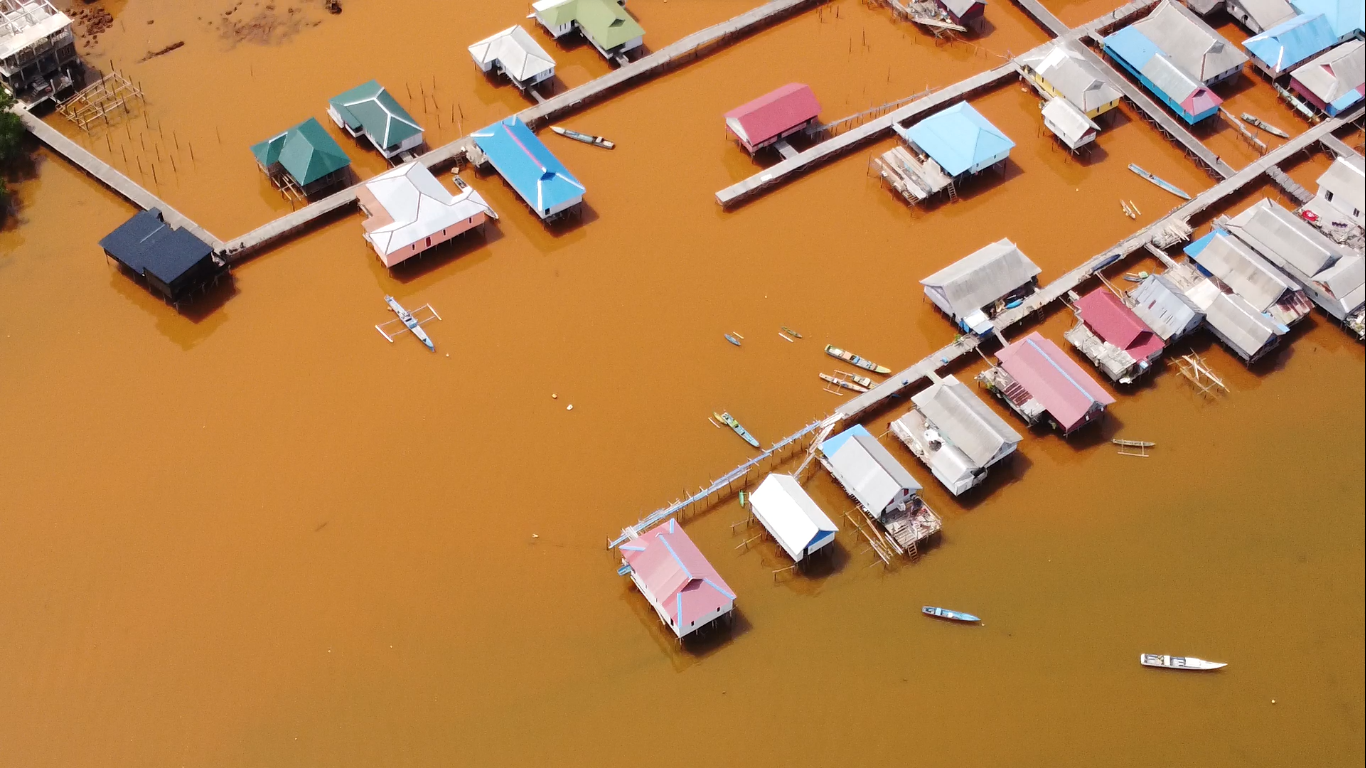
A Dialogue With Halcyon — Encouraging Change in the Rubber Industry

A Dialogue With Halcyon — Encouraging Change in the Rubber Industry
Lire en français By Etelle Higonnet
The world of rubber has been changing at an incredible pace.
Change starts at the bottom. In the last two years, one major tire company after another has agreed to transition from destructive practices that trash the planet to a new path towards deforestation-free rubber. The tire revolution has inspired some courageous action from a few car companies who have begun embracing deforestation-free rubber as well. Since tires account for more than 2/3 of the world’s rubber demand, these reforms have, in turn, influenced major supplier companies from Asia to Africa to take notice as the industry shifts around them.
Encouraged by this progress and eager to accelerate its spread, Mighty Earth decided to investigate the supply chain of the world’s biggest rubber supplier, Halcyon — which controls 12 percent of the planet’s rubber. Positive change from this company could be key to transforming the broader industry. It was an opportunity too good to ignore. And so, drawing from my experience in the country and in corporate negotiations to promote human rights and stop forest destruction, I began to plan a visit to Cameroon. Halcyon is a major player there – the third largest employer in the country, Halcyon controls two massive plantations called Sudcam and Hevecam which, together, make up the biggest rubber concession in the world.
Upon arrival, I was immediately met by our local partner, Victorien, from the organization Appui pour la Protection de l’Environnement et le Développement (APED), the leading local NGO working in the region where Halcyon has one of its gigantic rubber plantations, Hevecam. Diving straight into work, Victorien and I finished hammering out a detailed plan to investigate a number of communities that were affected by deforestation for rubber in and around Hevecam.
We wanted to hear the whole story, and aimed to talk with communities that had been recently affected as well as those that experienced land grabbing and abuses as many as four decades ago. We were also trying to ensure an even balance of indigenous and non-indigenous communities so that everybody’s voice would be reflected in our investigation.
Upon arrival at each community – whether we had traveled by well-paved highways, bumpy back roads, or hiked on forest trails to get there – we faced a similar refrain: a litany of abuses, often with the same core messages. “We are being poisoned,” they told us. “Help us get clean water. Our forests are gone. Everything we used to live off of is poisoned, dead, gone. What will we do now?” As we continued in our interviews we learned of ongoing extensive deforestation, loss of biodiversity, and destruction of culturally significant indigenous land at the hands of Hevecam.
In this bleakness, though, one ray of hope emerged: communities reported that in the last two years, Hevecam had become slightly more receptive to their grievances. As we began asking around, it became clear that Halcyon was open to positive dialogue. Here, then, was our opportunity to act.
Two months later, I returned to Cameroon with a draft report to share with key stakeholders. We wanted to ensure that we were uplifting the voices of local stakeholders, accurately portraying their concerns, and emphasizing the right problems and proposed solutions. With the help of Victorien, as well as Cameroon’s Goldman Prize winner and NGO leader Samuel Nguiffo, we sought feedback from a platform of 50 local NGOs working to curb deforestation, called the Plateforme Forets et Communautes. The next day, we gathered in the offices of Greenpeace Cameroon to meet with our hosts and indigenous leaders from different parts of the country. These leaders came together to share their experiences, advise us on how to improve our report, and shed light on what our work should emphasize going forward. Their courage, dynamism, and constructive spirit made this day of consultation a tremendous success.
The next morning, at the crack of dawn, Victorien and I drove from Yaounde to Douala with Armelle, a colleague of Samuel’s from the organization Centre pour l’Environnement et de Développement (CED), to meet with Halcyon representatives and start our negotiations. After two days, it turned out to be one of the most positive and encouraging corporate engagement meetings that I have ever experienced.
The corporate executives were open minded, thoughtful, well-informed, and fully willing to engage. In addition to finalizing the report based on feedback we had received from civil society, NGOs, indigenous leaders, and the company itself, we were also able to respectfully and collaboratively hammer out an agreement on next steps to address past environmental and social harms.
You can see the resulting agreement here.
From beginning to end, this experience reinforced the importance of trusting in the multifaceted expertise and professionalism of local NGOs as well as the invaluable knowledge of the affected indigenous leaders. It illustrated the importance of clear, honest, and open dialogue with corporations and the value of finding corporate interlocutors who are truly open to meaningful change.
Mighty Earth hosted a special Facebook Live event, ‘Convening Truth to Power: Cleaning Up the Rubber Supply Chain‘ where I discussed the power of investigations, working with local communities to speak truth to power, and the importance of this accomplishment in light of the current state of rubber sustainability.
Mighty Earth was honored to help highlight existing problems and to reach such a positive outcome by working with companies, NGOs and other stakeholders towards a solution. We’re hopeful this journey will help put rubber and tire companies on the right path, as they help realign an entire industry to protect forests, farmers, and regular folks. Read the Report Read the Agreement


